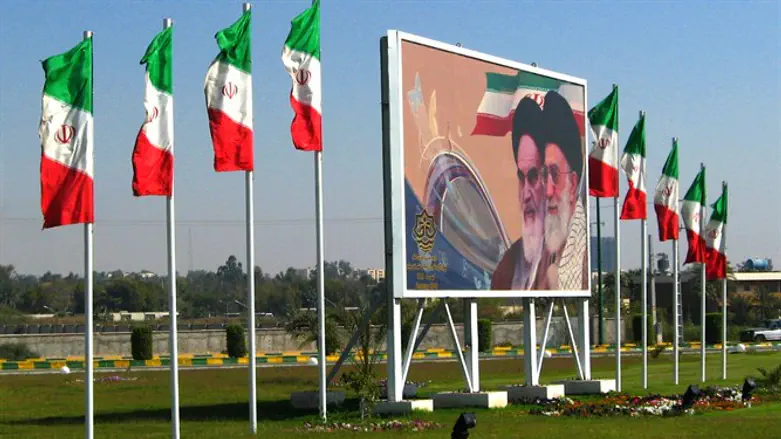
Iran's top military commander said on Friday that Iranian armed forces are monitoring US military movements in and far beyond the region and will respond to their threats against Iran's interests.
Iran's armed forces have "a thorough intelligence command of the status, location, tactics, and movements of enemies, including America, ... in the region and remote territories," Mohammad Baqeri, chairman of the Chiefs of Staff of the Iranian Armed Forces, said, according to the Xinhua news agency.
Iran's armed forces are ready to "give an appropriate response to any miscalculated move by those forces against ... Iran's national interests anywhere in the world," Baqeri added.
The remarks come amid ongoing tensions in the Persian Gulf between the US and Iran.
Earlier this week, the US Navy issued a warning to mariners in the Gulf to stay 100 meters away from US warships or risk being “interpreted as a threat and subject to lawful defensive measures”.
While no mention was made of Iran in the notice, it follows US President Donald Trump’s threat last month to fire on any Iranian ships that harass Navy vessels.
Trump’s warning followed a tense encounter between US and Iranian ships in the Persian Gulf.
The US military said at the time that 11 Revolutionary Guards naval vessels from the Guards navy came close to US Navy and coast guard ships in the Gulf, calling the moves “dangerous and provocative”.
Iran’s Revolutionary Guard acknowledged that the incident had taken place, but also claimed that it was American forces who sparked the incident.
In late April, a spokesman for the Iranian Armed Forces said that the Islamic Republic will respond “severely” if US vessels violate its territorial waters.
Tensions between Iran and the United States have escalated since 2018, when Trump withdrew from Tehran’s 2015 nuclear deal with six world powers and reimposed sanctions on the Islamic Republic.
The tensions reached historic heights in early January when top Iranian military commander Qassem Soleimani was eliminated in a US drone strike in Baghdad. Iran retaliated by firing missiles at bases in Iraq where US troops were stationed.
Last week, meanwhile, the White House announced that the United States was considering measures it could take in response to Iran's shipment of fuel to the crisis-stricken Venezuela.
Iran's defense minister on Wednesday said that moves causing any insecurity to the oil tankers and maritime trade routes is in violation of the international law and would draw reaction of international institutions and countries.
(Arutz Sheva’s North American desk is keeping you updated until the start of Shabbat in New York. The time posted automatically on all Arutz Sheva articles, however, is Israeli time.)